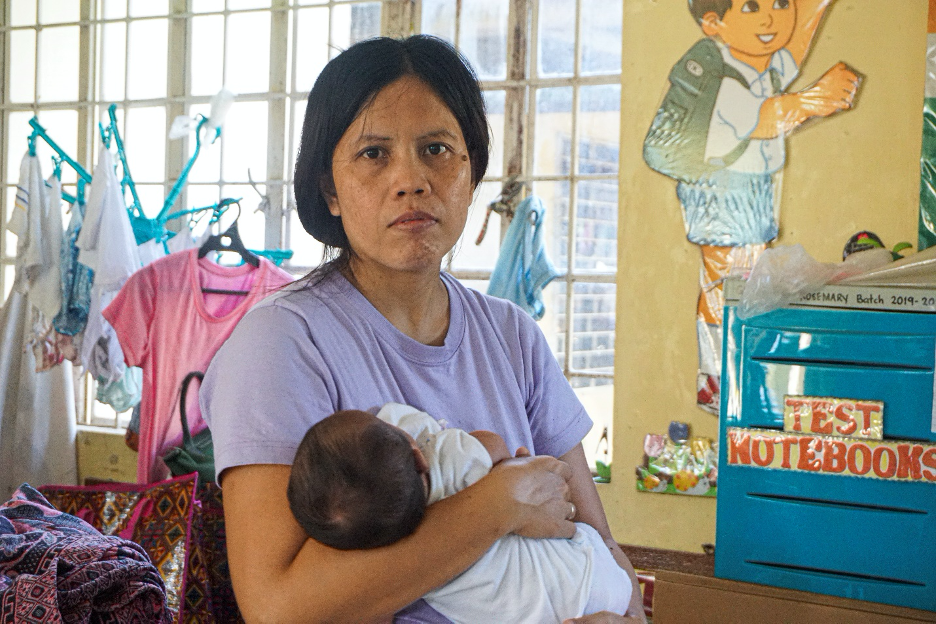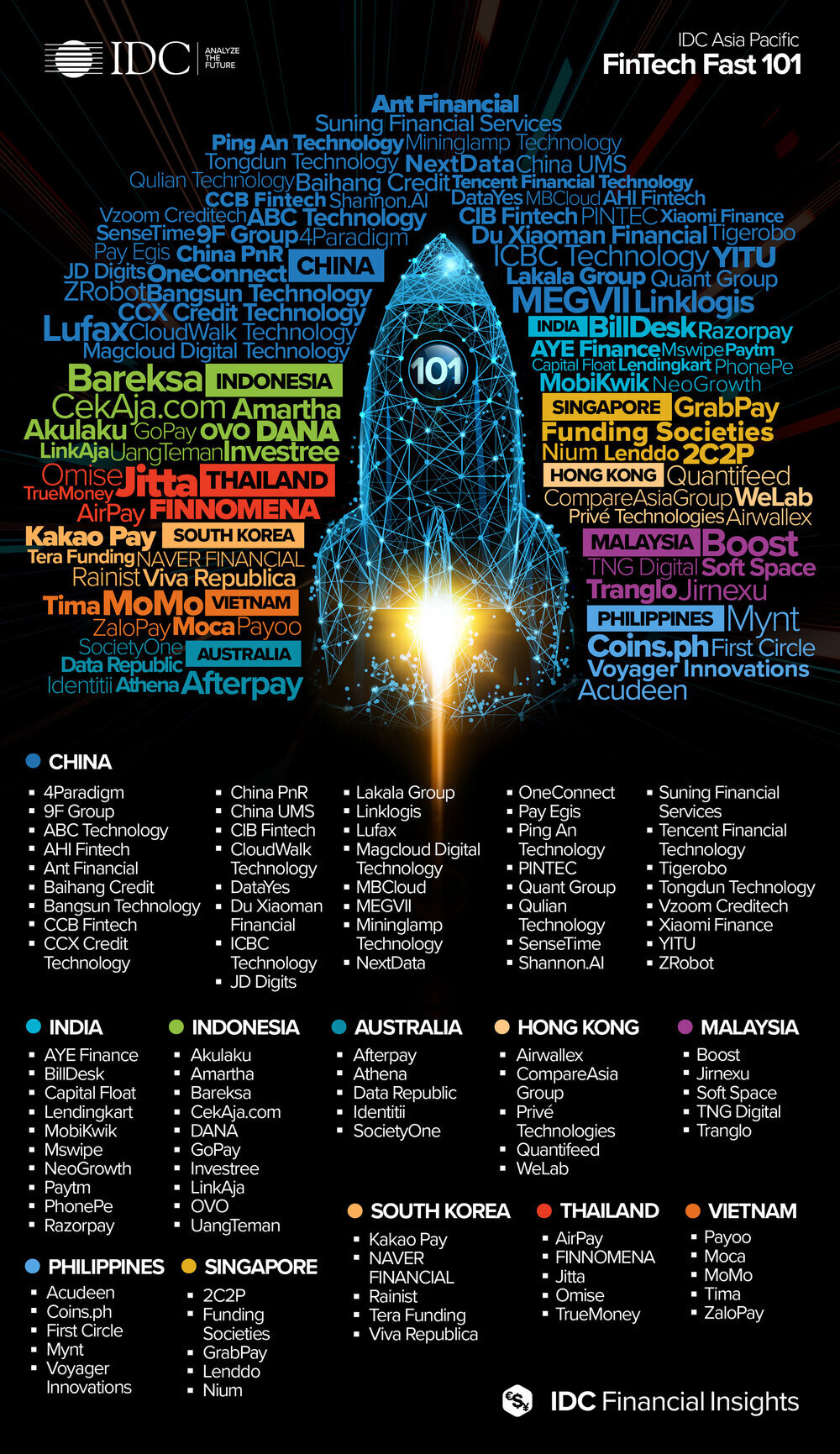Financial situations change, but your personality will hold steady.
LenddoEFL has shown that credit scores based on behavior and personality traits are continuing to accurately predict default risk, despite the unprecedented economic disruption caused by Covid-19 lockdowns.
LenddoEFL customer, LendMe in Nigeria, has witnessed this new credit-score reality first-hand. They have used LenddoEFL solutions for more than three years to evaluate applicants for Nano-loans. Despite the entire country going into lockdown earlier this year, LenddoEFL’s models have shown strong resilience throughout the crisis and continue to successfully discriminate customers based on their risk level, enabling their lending business to continue at a critical time.
LenddoEFL VP Corporate Development, Camille O’Sullivan, said, “For us, COVID19 has shone a light on the fact that, while your financial situation may change, your core character traits tend to be much more stable. By looking at a customer’s interests (through the apps they download), their reliability, perfectionism or stability traits we are able to provide a more complete profile of an individual.”
Getting credit in Nigeria
Nigeria is an entrepreneurial economy with an estimated 37 million micro, small and medium-sized companies . The World Bank predicts many of these businesses could grow if they had access to finance. However, to access loans, consumers need a credit score. It is estimated that only 40% of adults in Nigeria have a transaction bank account . With no account, these people are ‘invisible’ to banks using traditional credit scoring.
When COVID-19 arrived in Nigeria early this year, the country moved into lockdown restrictions, resulting in millions losing their income. In Nigeria, as around the world, loan default rates have dramatically increased. The Nigerian economy, Africa’s largest, was hit hard. The economy contracted 6.1% in the second quarter of this year and 27% of Nigeria’s labor force (over 21 million Nigerians) are unemployed.
An economic shift of this magnitude results in significant changes in consumer behavior. This has impacted credit scoring models. Predictable behavior has become unpredictable. This makes it difficult for lenders to know who to lend to.
How can you assess the risk of applicants when you are in uncharted waters? The result is less money being lent, at a time when people need it the most. Alternative data decisioning can help financial institutions find a way forward.
Credit through Covid-19: Results at LendMe
While LendMe has seen a slight increase in late payments, especially with recurring customers accessing larger loans, LenddoEFL models continued to accurately predict default risk across the entire portfolio of loans. By combining a tighter credit policy and credit risk models built with a focus on long-term stability in addition to predictive power, LendMe has been able to continue lending to customers needing credit without taking unnecessary risk.
Camille O’Sullivan continues, “We believe that one of the reasons our models continue to hold up is that we only add features that are stable over time and that make business sense. We ensure that the model passes our stability algorithm checks before being selected for implementation.”
LenddoEFL Executive Chairman and CFO, Paul Devine, said, “The results at LendMe are a validation of what we’ve been working on for a decade. We’ve shown that your ability to access financial services shouldn’t only be determined by your bank balance.” “As the effects of the pandemic continue to play out around the world, banks and lenders will have a critical role to play as stabilizers, and they will need to rely on new solutions to do so. Our models are proving that your character is a strong indicator of your likelihood to repay. We’ve already assessed over 7 million people worldwide. And we’re just getting started.”



